
Greenhouse gas emissions report (2022)
Editis is a publishing company, based in France. Our group signed the SDG Global Compact in 2012.
The greenhouse gas emissions report is based on 2022 activities in order to build a consistent reduction plan

Editis is a publishing company, based in France. Our group signed the SDG Global Compact in 2012.
The greenhouse gas emissions report is based on 2022 activities in order to build a consistent reduction plan
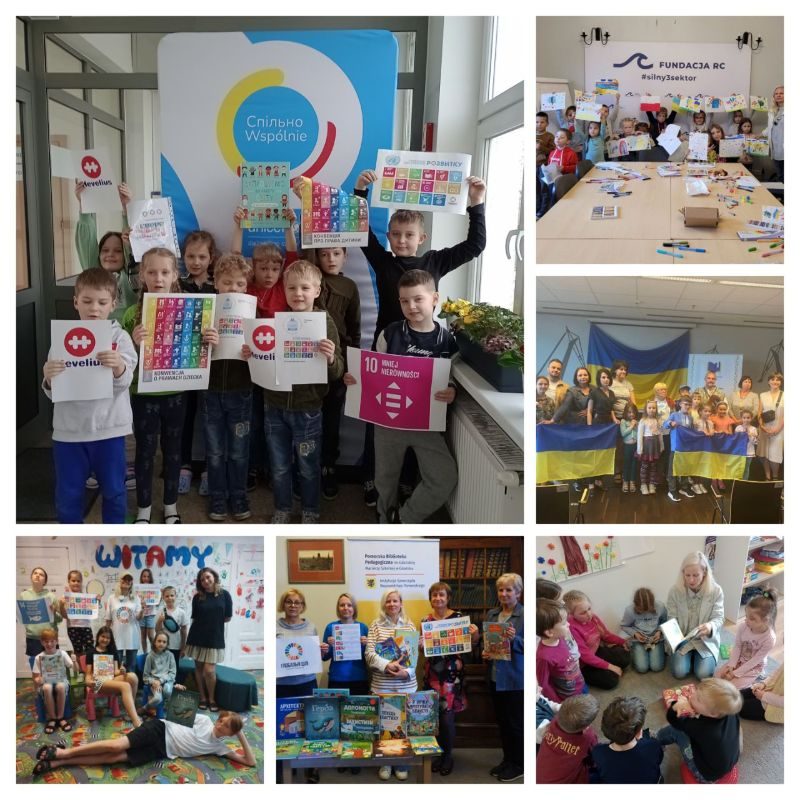
The “Sustainable Development Goals Book Club for Children of Ukraine” project is a public initiative of Olena Ivanchenko as part of the UN SDG Book Club project in cooperation with Ranok publishing house and CF Ranok-Ukraine which aims to regularly acquaint children with books in their native language on the topics of the 17 Global Goals.
It aims to help libraries and communities create their own SDG Book Clubs with support from SDG-implementing organizations in Ukraine.

In response to the growing number of sustainability initiatives in the publishing world, GAU and MEVW have created the online knowledge platform as a central hub for publishers to access valuable information. The platform offers resources on sustainable products, such as different types of paper and cover materials, as well as information on emerging laws and regulations related to sustainability. The goal of the platform is to support publishers in their transition towards a sustainable future.

In pursuit of a more sustainable future, industries are increasingly seeking ways to incorporate environmental and social responsibility into their operations. The book industry is no exception, and the BIC Environmental Accreditation Badges and Standards Map aims to make progress in this area. Developed as part of the BIC Green Supply Chain Committee, this project offers a comprehensive overview of sustainability accreditation badges and standards relevant to the book industry supply chain.
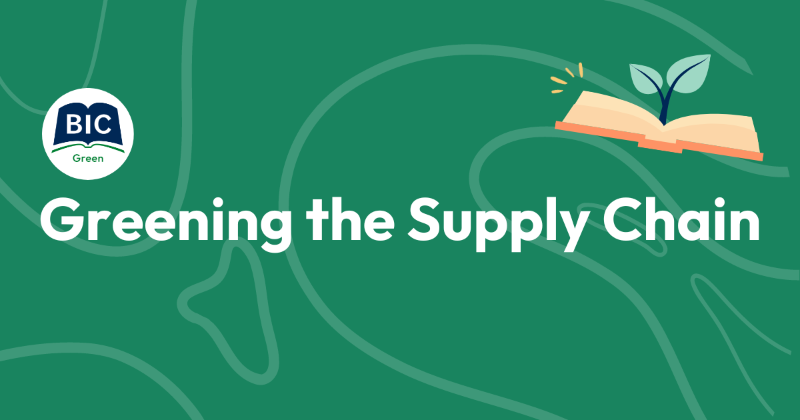
The purpose of this project was to assess the recycling and waste programs that are used in the UK book industry and report on the materials being disposed of vs recycled, the carbon footprint impact of books etc. The project report will help identify the points in the UK book industry supply chain lifecycle
where recycling/waste occurs and list the materials involved at these stages.

Launched at London Book Fair in 2023, the RISE bookselling have produced a publishing sector study that features seven case studies of how book returns work in European and international countries. The study seeks to understand the returns systems and how this impacts the environment.
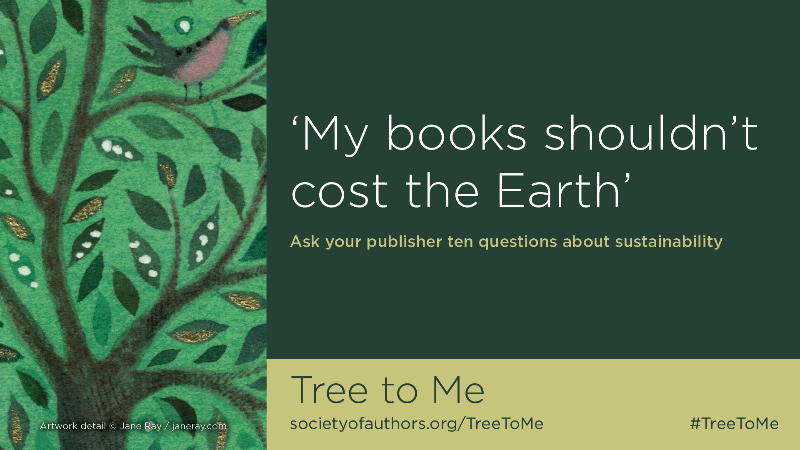
An awareness raising campaign that helps authors discuss the sustainability of their books with publishers, with the help of ten questions about their book’s production and supply chain. A key aim is to drive traffic towards Publishing Declares, which is prominently signposted.
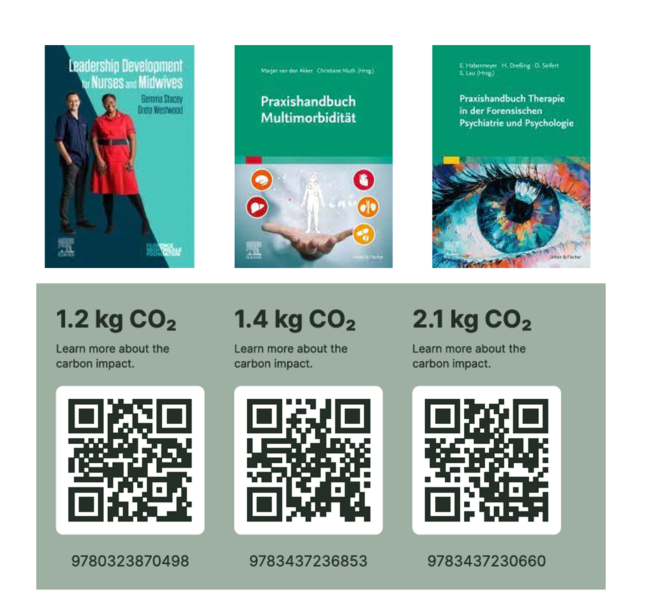
The carbon-label project, the first output from the Publishing 2030 Accelerator, fast-tracked established carbon calculators and combined this with a customized web page for a particular book, that gives users a glimpse into how carbon labels and reporting might look like for book production. Now, this is only a prototype. Far more work is needed to make this a reality, and the Accelerator group are now working on new pilots for 2023.

The Publishers Association (UK) has launched its bespoke Carbon Calculator, part of a suite of tools, designed to support its members in acting on the Publishing Declares pledge. The tool will allow members to monitor their carbon outputs across various aspects of their business, including different sites. Members will be able to use the Carbon Calculator to review how they are performing from a sustainability perspective. Over time, with further data, publishers will be able to be benchmark
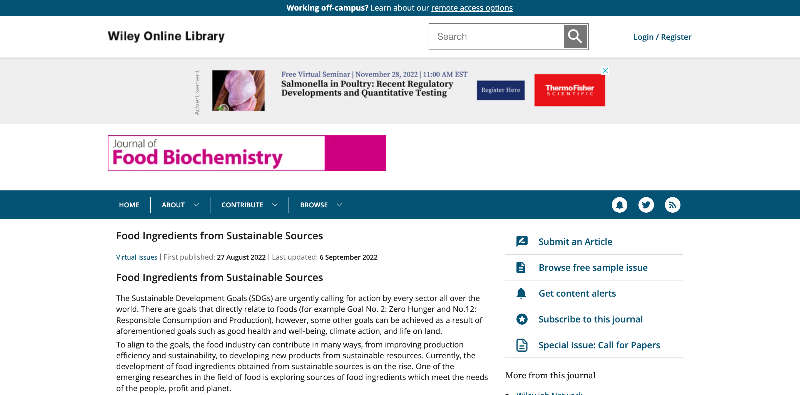
This virtual issue focuses on food ingredients (peptide, protein, carbohydrate, fat, oil, phenolic, flavor, pigment, etc.) obtained from sustainable sources including food waste, single cell source, plant-based materials, and other related sources.